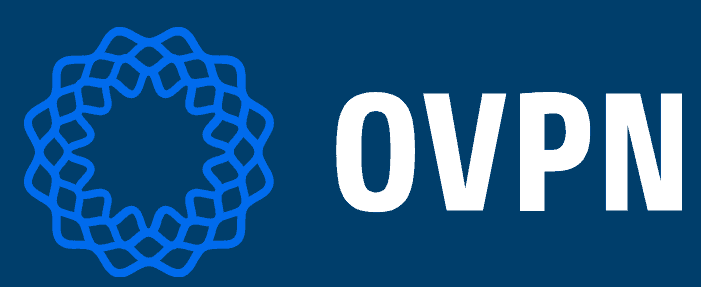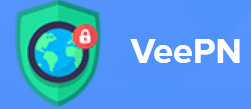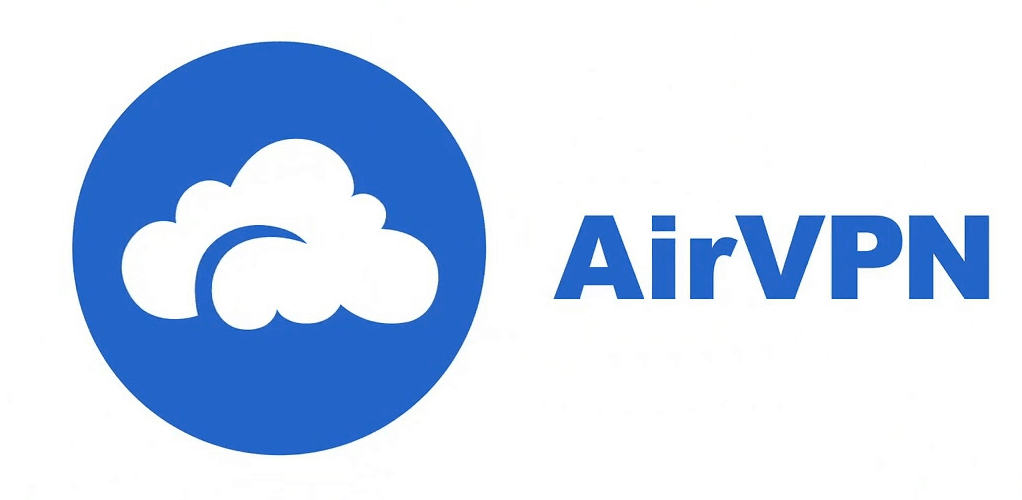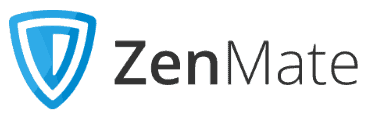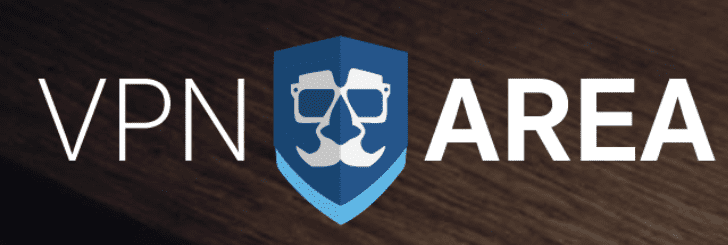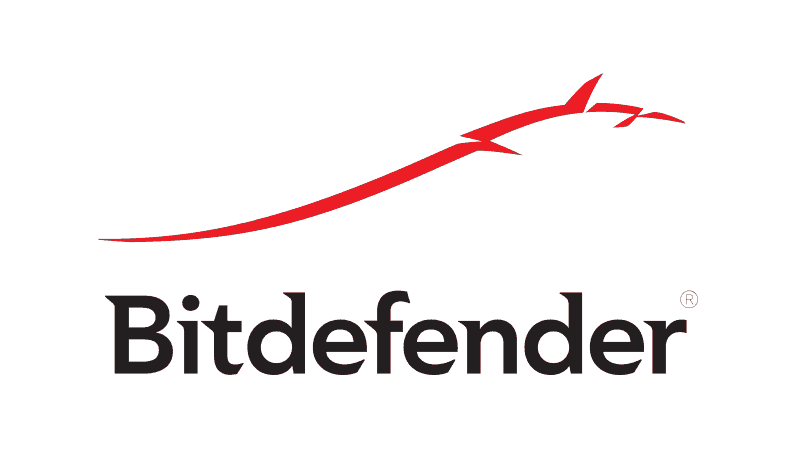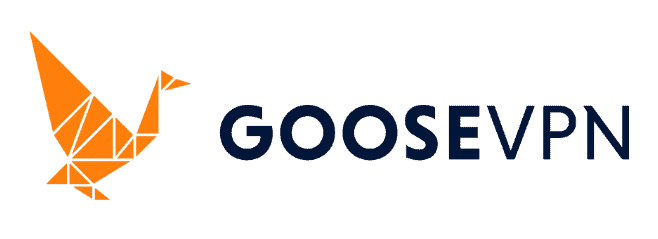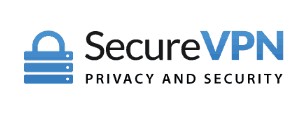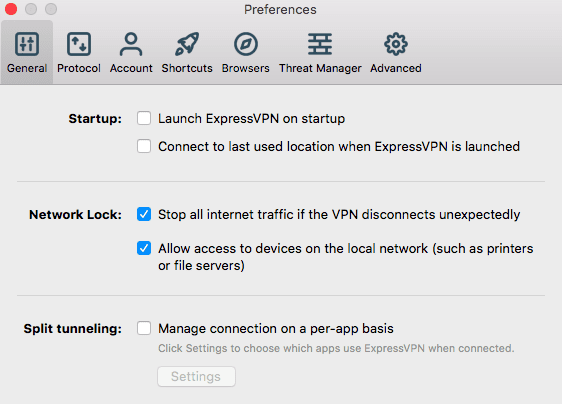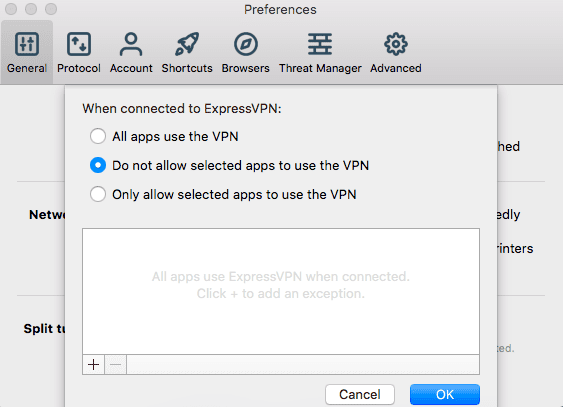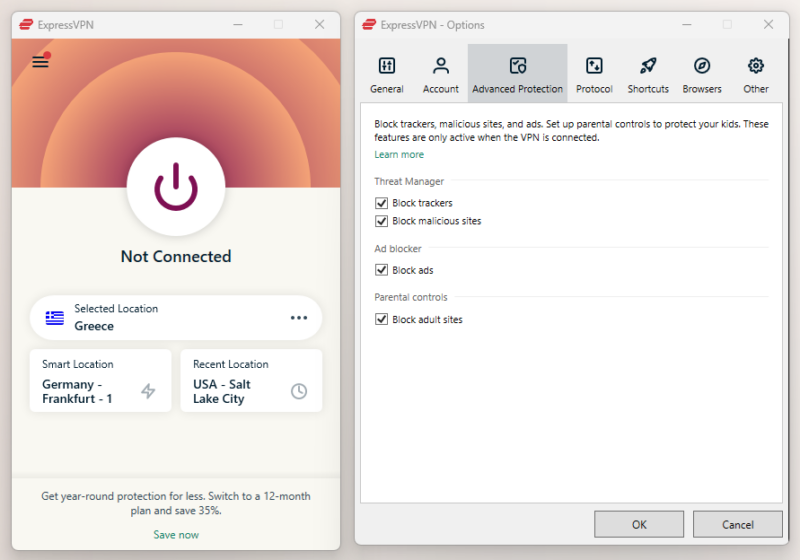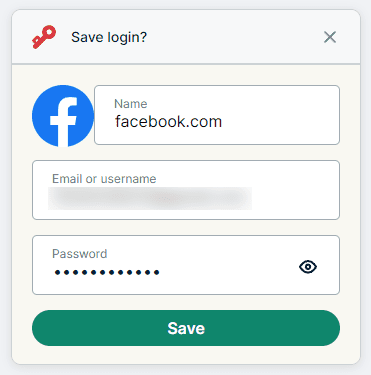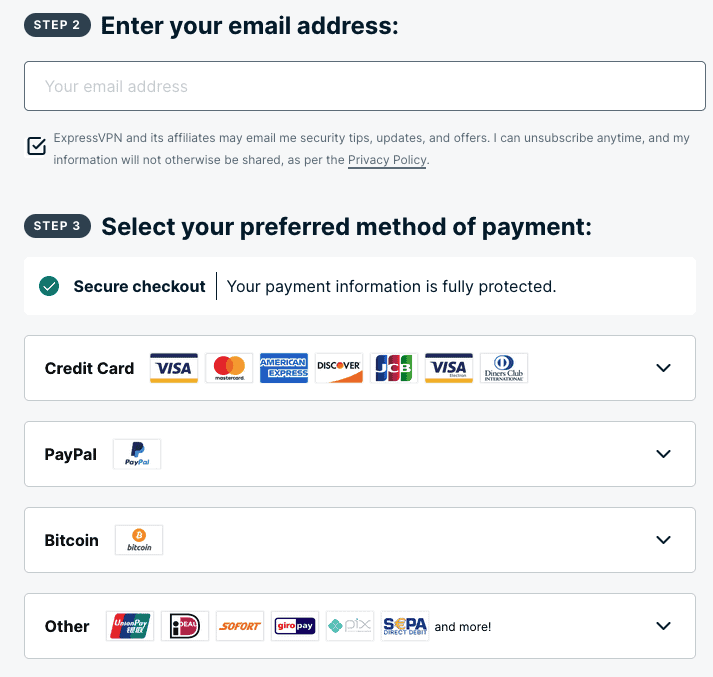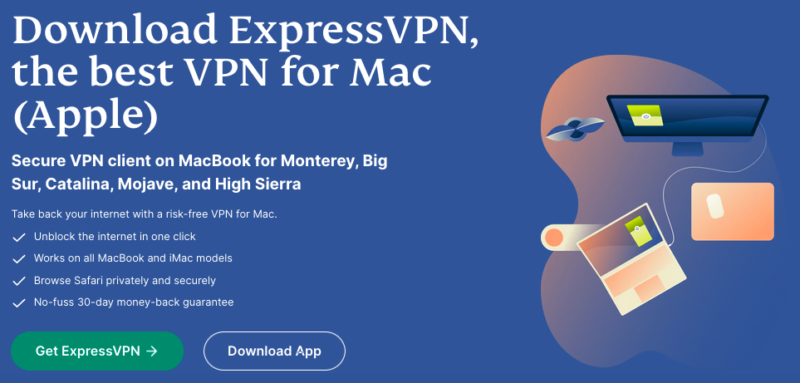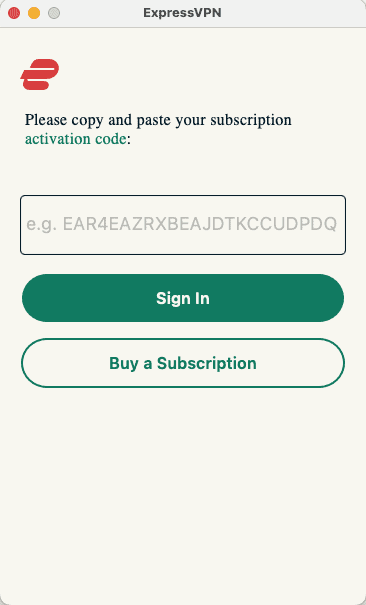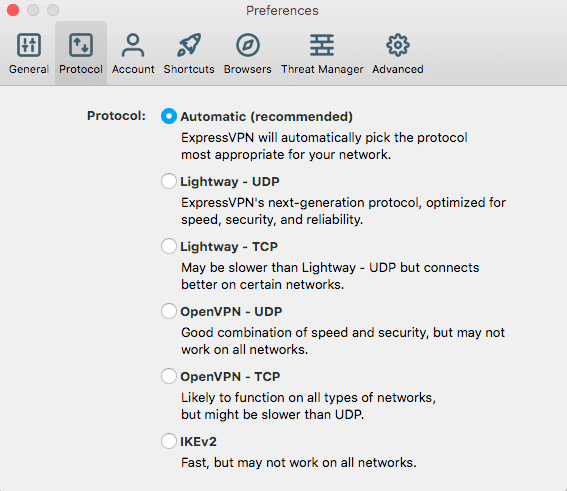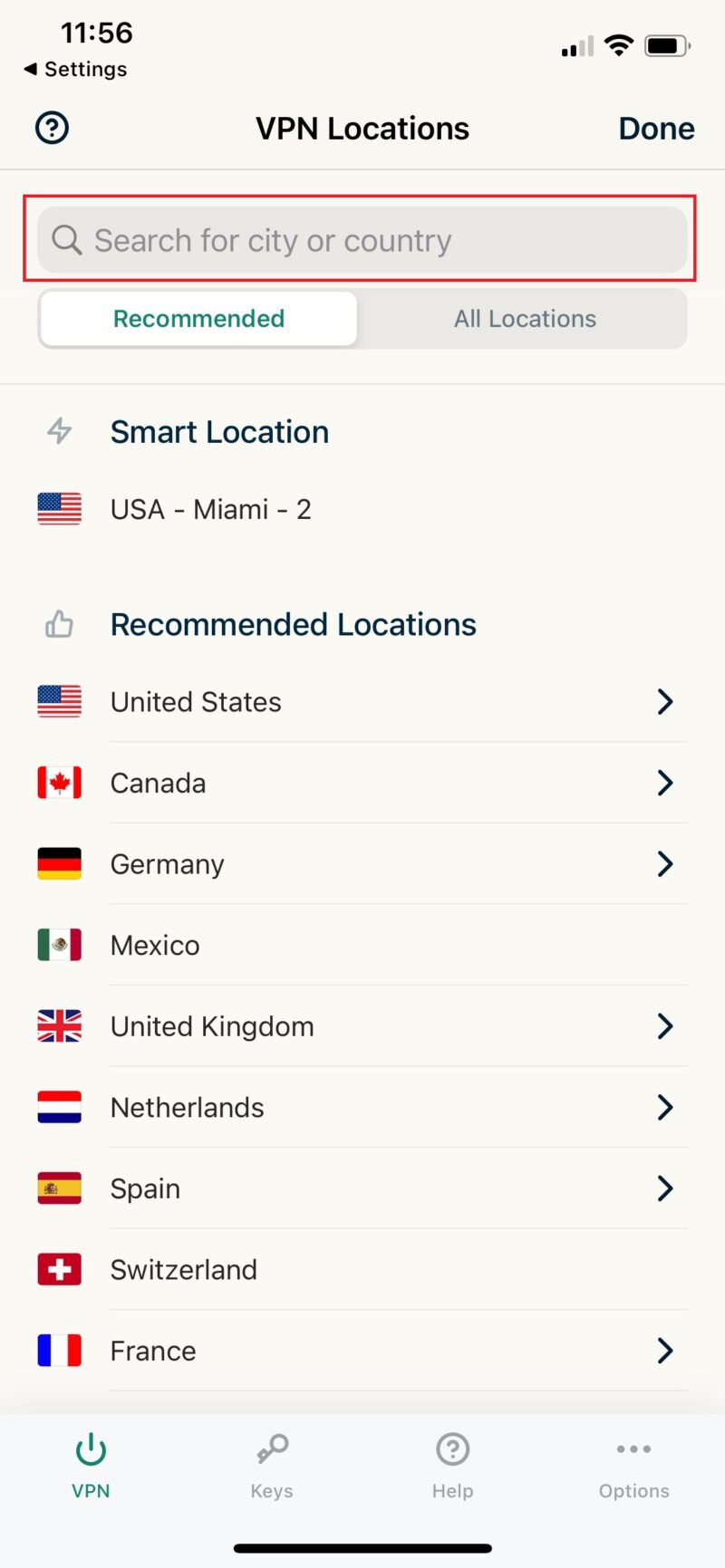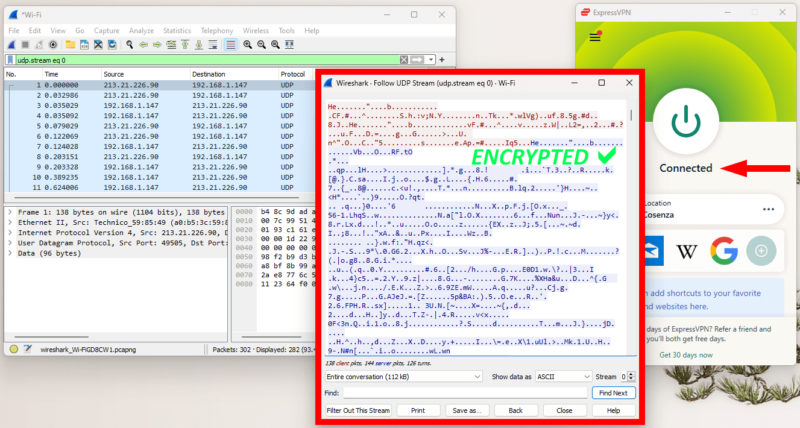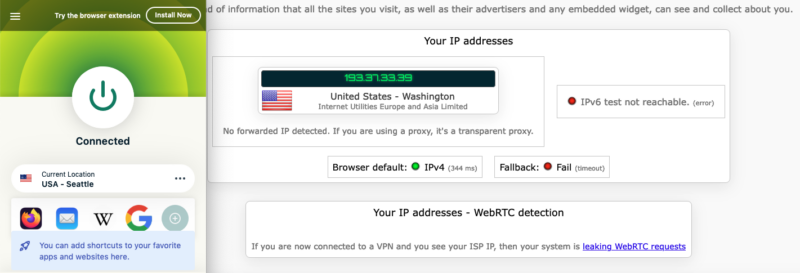ExpressVPN Review
We put ExpressVPN through a full battery of tests, measuring its speed, security, streaming ability, customer support, value and more. In this ExpressVPN review, learn why we recommend this service even though it’s not at the top of the heap.
ExpressVPN is a virtual private network (VPN) that’s built to do the job without getting in your way. It’s fast and unblocks almost any site, and its stripped-down app ensures you won’t get lost. ExpressVPN is definitely one of the best VPNs, but it’s not quite on top of the heap. This ExpressVPN review explains exactly why.
Among ExpressVPN’s favorable factors are the Lightway protocol — built from scratch by its team — a worldwide server network, and features to block ads and trackers. That said, the price may turn some of you away. The fact that it also lacks extra features like dedicated IP addresses and has almost no split tunneling counts against it.
To write this review, we examined ExpressVPN’s features, checked its prices, tested its speed and security, and mapped its worldwide server network. By the end, you’ll have all the necessary information to decide whether to invest in ExpressVPN or explore a different VPN service.
-
08/27/2021
Cloudwards completed a fresh review of ExpressVPN. Since our last review, the VPN hasn’t had any major revamp, and the official launch of the Lightway protocol is the only notable change. The new VPN has significantly improved ExpressVPN’s speed.
-
09/14/2021
Kape Technologies announced that it planned to buy ExpressVPN, which claims the VPN will remain independent and continue third-party evaluations of the service.
-
11/03/2021
Updated ExpressVPN’s privacy and security scores following the evaluation of the privacy policy after Kape Technologies’ acquisition of ExpressVPN and the news of ExpressVPN’s new chief technical officer, Dan Gericke, being a former spy for the United Arab Emirates.
-
03/22/2022
Updated the review to reflect ExpressVPN’s most recent independent security audit by F-Secure of the Windows app (V10).
-
05/21/2022
Clarified how ExpressVPN’s obfuscation feature works.
-
06/24/2022
Updated the review to include the Cloudwards auto speed tests and comparisons.
-
09/05/2022
This review has been updated for 2022 with new speed tests, features and security and privacy information.
-
10/23/2023
Updated the article to reflect ExpressVPN’s recent increase of 5 simultaneous connections to 8, as well as its expansion of server presence to 105 countries, previously 94.
-
10/31/2023
Added new information about ExpressVPN’s Threat Manager, ad blocker and parental controls.
-
06/18/2024
Added new information about quantum-resistant encryption and dynamic MTU in Lightway, the ExpressVPN Aircove router and the command line interface on Windows.
-
09/27/2024 Facts checked
We’ve updated this ExpressVPN review to include recent feature additions and more accurate data sets.
-
12/06/2024 Facts checked
The pricing section has been amended to reflect ExpressVPN’s new long-term-only payment structure.
-
12/09/2024
We updated this review to include our new ExpressVPN video review.
What Is ExpressVPN & Who Is It For?
ExpressVPN is a virtual private network (VPN) app that lets you connect to an encrypted proxy server before going online. As you browse, websites will see the VPN server’s IP address instead of your own, and the encryption prevents them from tracing your real identity. This VPN is for anyone who wants to maintain their online privacy and anonymity.
Protect Your Privacy. Get Our Free VPN Guide Now!
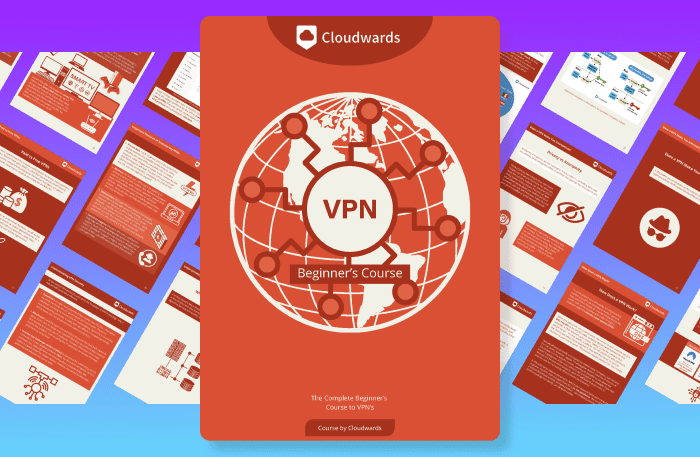
- Comprehend the essential role a VPN plays in safeguarding your digital life
- Gain a deep understanding of how VPNs function under the hood
- Develop the ability to distinguish fact from fiction in VPN promotions
- Release date: 2009
- Developer: Dan Pomerantz and Peter Burchhardt
- Owner: Kape Technologies
- Platforms: Mobile and desktop apps, smart TVs, browsers, routers
- Operating systems: Windows, macOS, iOS, Android, Linux, Android TV, Apple TV, Fire TV, Chromebook, Kindle Fire
- Notable features: Lightway protocol, Threat Manager ad and malware blockers, Network Lock kill switch, shortcuts
- Pricing: $4.99 per month for 28 months
How Does ExpressVPN Work?
ExpressVPN maintains a network of servers in countries all over the world. You can pick one of these servers using the client app. ExpressVPN then establishes a two-way connection to that server via a VPN protocol. Every request you send to a web server goes through the VPN first, as does every reply you receive.
ExpressVPN Pros & Cons
ExpressVPN Video Review
ExpressVPN Alternatives
- 1
- : PayPal, Credit card, Google Pay, JCB, UnionPay, Bitcoin, Ethereum, X-Coin
- : 10
- :
- :
- :
- :
Average speedDownload Speed88 MbpsUpload Speed9 MbpsLatency4 ms - 2
- : PayPal, Credit card, Google Pay, Amazon Pay
- : Unlimited
- :
- :
- :
- :
Average speedDownload Speed93 MbpsUpload Speed9 MbpsLatency3 ms - 3
- : PayPal, Credit card, Bitcoin, UnionPay, iDeal, Sofort, Giropay, Pixpay, Sepa Direct Debit
- : 8
- :
- :
- :
- :
Average speedDownload Speed91 MbpsUpload Speed9 MbpsLatency3 ms - 4
- : PayPal, Credit card, Cash, Bank Transfer, Bitcoin Cash, bank wires, EPS transfer, Monero, Swish, Giropay, Bancontact, Przelewy24, iDEAL
- : 5
- :
- :
- :
- :
Average speed - 5
- : PayPal, Credit card, Wire Transfers
- : 5
- :
- :
- :
- :
- 6
- : PayPal, Credit card, bitcoin, Amazon Pay
- : 7
- :
- :
- :
- :
Average speed - 7
- : PayPal, Credit card, Amazon, Paygarden, Apple Pay, Google Pay
- : Unlimited
- :
- :
- :
- :
Average speedDownload Speed67 MbpsUpload Speed9 MbpsLatency114 ms - 8
- : PayPal, Credit card, SEPA, SOFORT, Apple Pay, Google Pay
- : 10
- :
- :
- :
- :
- 9
- : PayPal, Credit card
- : 10
- :
- :
- :
- :
- 10
- : PayPal, Credit card
- : Unlimited
- :
- :
- :
- :
Average speed - 11
- : PayPal, Credit card, Bitcoin, Monero, Cash
- : 7
- :
- :
- :
- :
- 12
- : PayPal, Credit card
- : 10
- :
- :
- :
- :
- 13
- : PayPal, Credit card
- : 5
- :
- :
- :
- :
- 14
- : PayPal, Credit card, Payment wall, Bank transfer
- : 5
- :
- :
- :
- :
- 15
- : PayPal, Credit card, BitPay
- : 10
- :
- :
- :
- :
- 16
- : Credit card
- : Unlimited
- :
- :
- :
- :
- 17
- : PayPal, Credit card
- : 25
- :
- :
- :
- :
- 18
- : PayPal, Credit card
- : 4
- :
- :
- :
- :
- 19
- : PayPal, Credit card, AliPay
- : 12
- :
- :
- :
- :
- 20
- : PayPal, Credit card
- : 5
- :
- :
- :
- :
- 21
- : PayPal, Credit card
- : 10
- :
- :
- :
- :
- 22
- : PayPal, Credit card
- : 10
- :
- :
- :
- :
- 23
- : PayPal, Credit card
- : 8
- :
- :
- :
- :
- 24
- : PayPal, Credit card, Cryptocurrencies
- : Unlimited
- :
- :
- :
- :
- 25
- : PayPal, Credit card, PayNearMe, Wire transfer
- : 6
- :
- :
- :
- :
- 26
- : PayPal, Credit card, PaymentWall, Cryptocurrencies
- : 10
- :
- :
- :
- :
- 27
- : PayPal, Credit card, Perfect Money, WeChat Pay, Direct Bank Transfers, Monero
- : 5
- :
- :
- :
- :
- 28
- : PayPal, Credit card
- : Unlimited
- :
- :
- :
- :
- 29
- : PayPal, Credit card, Alipay, Unionpay, bitcoin
- : 6
- :
- :
- :
- :
- 30
- : Credit card
- : 5
- :
- :
- :
- :
- 31
- : PayPal, Credit card, Amazon Pay, Apple Pay, Google Pay, GiroPay, iDeal, SEPA
- : 5
- :
- :
- :
- :
- 32
- : PayPal, Credit card, Google Pay, Amazon Pay
- : Unlimited
- :
- :
- :
- :
- 33
- : PayPal, Credit card
- : 99
- :
- :
- :
- :
- 34
- : PayPal, Credit card
- : 5
- :
- :
- :
- :
- 35
- : PayPal, Credit card
- : 8
- :
- :
- :
- :
- 36
- : PayPal, Credit card, wire transfer (EUR only)
- : 10
- :
- :
- :
- :
- 37
- : PayPal, Credit card
- : 2
- :
- :
- :
- :
- 38
- : PayPal, Credit card, Google Wallet, Apple Pay
- : 5
- :
- :
- : Unknown
- :
- 39
- : PayPal, Credit card, Bitcoin
- : Unlimited
- :
- :
- :
- :
- 40
- : PayPal, Credit card
- : Unlimited
- :
- :
- :
- :
- 41
- : PayPal, Credit card, Bitcoin, Google Pay, Apple Pay
- : 10
- :
- :
- :
- :
- 42
- : PayPal, Credit card
- : 10
- :
- :
- :
- :
- 43
- : PayPal, Credit card
- : 8
- :
- :
- :
- :
- 44
- : PayPal, Credit card
- : 10
- :
- :
- :
- :
- 45
- : PayPal, Credit card, Sofort, Mint, Other cryptocurrencies
- : 5
- :
- :
- :
- :
- 46
- : PayPal, Credit card
- : 6
- :
- :
- :
- :
- 47
- : PayPal, Credit card
- : 5
- :
- :
- :
- :
- 48
- : Credit card
- : Unlimited
- :
- :
- :
- :
- 49
- : PayPal, Credit card
- : 10
- :
- :
- :
- :
- 50
- : PayPal, CCBill, altcoin, Bitcoin
- : 6
- :
- :
- :
- :
$1.86 / month(All Plans) - 51
- : PayPal, Credit card, iDEAL (Netherlands only)
- : Unlimited
- :
- :
- :
- :
- 52
- : PayPal, Credit card
- : 5
- :
- :
- :
- :
- 53
- : PayPal, Credit card
- : 10
- :
- :
- :
- :
- 54
- : PayPal, Credit card, CoinPayments, Advcash, gift cards
- : 5
- :
- :
- :
- :
- 55
- : PayPal, Credit card, JCB, Union Pay, Payment Wall
- : Unlimited
- :
- :
- :
- :
- 56
- : PayPal, Credit card, WebMoney, WebMoney, Paymentwall
- : 3
- :
- :
- :
- :
- 57
- : App store
- : 1
- :
- :
- :
- :
- 58
- : PayPal, Credit card
- : 5
- :
- :
- :
- :
- 59
- : PayPal, Credit card
- :
- :
- :
- :
- :
- 60
- : OTX, xDai
- : Unlimited
- :
- :
- :
- :
- 61
- : PayPal, Credit card, Discover, Apple Pay, Google Pay
- : Unlimited
- :
- :
- :
- :
- 62
- : PayPal, bank transfer
- : 1
- :
- :
- :
- :
- 63
- : PayPal, Credit card, Cryptocurrency
- : 3
- :
- :
- :
- :
- 64
- : PayPal, Paymentwall, Bitcoin
- : Unlimited
- :
- :
- :
- :
- 65
- :
- :
- :
- :
- :
- :
$2.42 / month(All Plans) - 66
- :
- :
- :
- :
- :
- :
$8 / month(All Plans) - 67
- :
- :
- :
- :
- :
- :
$7.99 / month(All Plans)
Latest Features Added to ExpressVPN:
- Works on Microsoft Copilot+: ExpressVPN is one of the first VPNs that is compatible with Microsoft’s new Copilot+ laptops.
- Lightway now uses Kyber: ExpressVPN’s unique Lightway protocol now employs Kyber, an encryption standard designed to resist quantum decryptors.
- Online store: ExpressVPN’s website has a storefront where you can buy Aircove router products; you can also buy Aircove on Amazon.
Features: What Can ExpressVPN Do?
ExpressVPN is a minimalist VPN — there are few luxuries, but every feature works well. Competitors like NordVPN and Surfshark have surpassed ExpressVPN in the innovation department, but ExpressVPN excels at implementing the core features that a VPN needs.
ExpressVPN Features Overview
| Features | |
|---|---|
| $4.99 / month(All Plans) 30-days money-back guarantee | |
| Review | |
| Payment methods | PayPal, Credit card, Bitcoin, UnionPay, iDeal, Sofort, Giropay, Pixpay, Sepa Direct Debit |
| Accepts cryptocurrency | |
| Simultaneous connections | 8 |
| Supports split tunneling | Windows & macOS 10 (or below) |
| Unlimited bandwidth | |
| Free trial available | iOS & Android, 7 days |
| Refund period | 30 days |
| Worldwide server amount | 164 locations in 105 countries |
| Desktop OSes | Windows, MacOS, Linux |
| Mobile OSes | Android, iOS |
| Browser extensions | Chrome, Firefox, Edge |
| Can be installed on routers | |
| Can access Netflix US | |
| Can access BBC iPlayer | |
| Can access Hulu | |
| Can access Amazon Prime Video | |
| Encryption types | 256-AES, ChaCha20, Camellia |
| VPN protocols available | OpenVPN, IKEv2, Lightway |
| Enabled at device startup | |
| Allows torrenting | |
| No-logging policy | |
| Passed DNS leak test | |
| Killswitch available | |
| Malware/ad blocker included | |
| Live Chat | 24/7 |
| Email support | 24/7 |
| Phone support | |
| User forum | |
| Knowledgebase |
User-Friendliness & Hands-On Testing
ExpressVPN banks hard on its user-friendly experience, and it’s without a doubt one of the easiest VPNs to use. In this section, we’ll explain the straightforward setup process and discuss how it feels to use ExpressVPN on different platforms.
ExpressVPN Pricing: How Much Does ExpressVPN Cost?
Pricing is a downside for ExpressVPN. It’s undeniably a great service, but some may find that it charges too much for what you get, especially since you can no longer subscribe for just one month at a time. However, the pricing is simple, and it always honors its money-back guarantee.
ExpressVPN Speed
ExpressVPN is one of the seven VPNs that we test its speeds every day, and we report the results in our VPN speed comparison. Its worldwide average tends to be somewhere in the top three each day, though it’s rarely the fastest VPN. Although there are dips, ExpressVPN never falls below an average of 60% of our unprotected speeds.
ExpressVPN Speed Test Results
Security: Is ExpressVPN Safe? (90/100)
ExpressVPN has never been hacked by a malicious actor, but it has suffered a security leak. In February 2024, ExpressVPN announced that version 12 of its Windows app occasionally leaked DNS requests when split tunneling was active, potentially revealing user activity. It removed split tunneling in response but restored it after patching the flaw.
The fact that ExpressVPN announced the bug on its own and immediately took action to fix it reflects positively on its commitment to security. The service uses VPN protocols with secure encryption that are known to work. It also regularly subjects various aspects of its infrastructure to independent audits and publishes the results.
ExpressVPN Security Features
ExpressVPN’s security features include three VPN protocols, which we’ll discuss below. It uses a fully private DNS that resolves all website requests within the VPN tunnel, reducing the chances of a leak. It also offers IPv6 leak protection to automatically block all IPv6 traffic — IPv6 addresses can cause leaks if the VPN was prepared for IPv4.
Privacy: Is ExpressVPN Private?
ExpressVPN is private — it has no history of logging or selling user information, and there’s plenty of evidence supporting the claim that it never does those things. Even if you don’t trust its privacy policy (which we never do on principle), you can trust the 2017 incident where Turkish police seized two of its servers and found nothing whatsoever.
ExpressVPN Streaming Performance & Unblocking Ability
ExpressVPN is an unblocking machine. We tested six different streaming services on six continents each, and ExpressVPN never failed to unblock a single one. No matter how fast your unprotected connection is, this service will likely be fast enough to stream in good quality. More than anything else, it’s the main reason we recommend this VPN.
| Streaming Service: | Status |
|---|---|
ExpressVPN VPN Server Locations
ExpressVPN has servers in 165 locations across 106 countries. Offering a high number of servers is important for two reasons. First, having many users on one server can form a bottleneck, so more servers means better speeds.
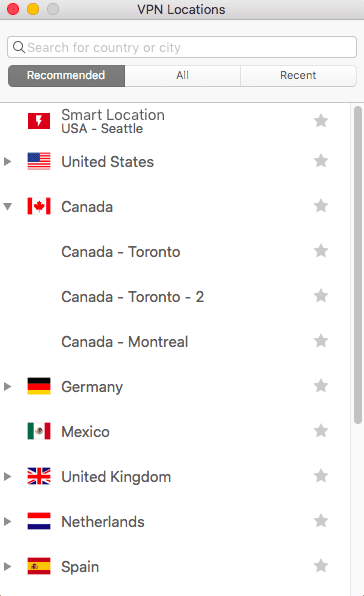
Second, having servers in more countries increases the chance that any user can find a location within about 1,000 miles. As we saw in the “speed” section, you get better performance closer to a server, so a larger network improves performance in more parts of the world.
Global Distribution of VPN Servers
| Region: | Countries | Locations |
|---|---|---|
| North America | 14 | 42 |
| South America | 10 | 10 |
| Europe | 47 | 65 |
| Asia | 24 | 31 |
| Africa | 6 | 6 |
| Oceania | 3 | 9 |
| Middle East | 2 | 2 |
It’s not enough to have a lot of servers; a VPN must also build its locations into a worldwide network that doesn’t leave gaps. ExpressVPN has more servers in Africa than most competitors, and it’s no slouch in South America or Central Asia, either.
Some are virtual servers where it’s unsafe to have physical servers (which is why it’s still a good VPN for India), but 97% of them are located where they claim to be.
ExpressVPN Customer Support
ExpressVPN provides three tools for getting help. You can search the written knowledgebase, start a live chat conversation or send an email support ticket. These are all quick ways to access trustworthy, expert support. You can access all three from within the VPN app — just go to the three-line menu and mouse over “help & support.”
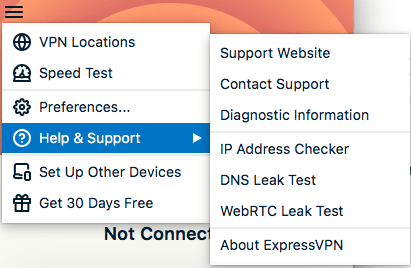
The knowledgebase itself looks great. You’ll find it’s easy to navigate and locate the specific troubleshooting help you need. However, if you have as many unique technical problems as we do, it’s nice to use the live chat to talk to a real person.
ExpressVPN vs Other VPN Services
ExpressVPN is very close to its rivals in both quality and value, but it doesn’t quite pull ahead. For example, NordVPN has more features and is frequently faster, all while costing less than ExpressVPN for most subscriptions. However, its interface is a bit less intuitive. Learn more from our ExpressVPN vs NordVPN matchup.
The story is very similar with Surfshark, which is also faster than ExpressVPN in most of our tests. It’s more likely to work in China since it’s slightly more under the radar, and it has lots of interesting features, like an IP rotator. It’s also a great budget VPN, offering unlimited simultaneous connections. That said, its higher latencies may make ExpressVPN better for gamers and torrenting. Our Surfshark vs ExpressVPN article has more details.
Community Feedback: ExpressVPN Reviews on Reddit & Social Media
Our users on Cloudwards generally agree with our positive opinions of ExpressVPN. One said, “It’s fantastic, I have no issues whatsoever,” while another noted only a slight hit to download speeds. However, another user had trouble unblocking Amazon Prime Video.
On Reddit, one illustrative review described ExpressVPN in the following way: “pretty easy to use, good customer support, easy to install on a variety of routers … about 10 percent faster than my previous VPN.” This user did mention the increased expense but considered it worthwhile.
The Verdict: Is ExpressVPN a Good VPN Service?
ExpressVPN is a very good VPN service. We strongly recommend it if you’re new to VPNs, need a VPN primarily for streaming, or want the ability to torrent on any server location. You can sign up for ExpressVPN with a 61% discount and use the 30-day money-back guarantee if you change your mind. However, if you’re on a budget, prioritizing speed or prefer having a lot of special features, look to NordVPN or Surfshark.
What’s your experience with ExpressVPN? How did it compare to ours? What sort of speeds did it give you, and what did you use it for? Tell us in the comments, and thanks for reading.
FAQ: Is ExpressVPN Legit?
Yes — ignoring the hype, ExpressVPN is quite good on its own. It’s fast, works smoothly and comes with IP addresses in over 100 countries.
No, ExpressVPN has proved itself safe and private in several ways. In 2024, when it learned that its split tunneling was leaking IP addresses, it immediately shut the feature down until it could address the problem.
It’s close, but NordVPN is the better service. It’s faster, more affordable and richer in features.
No. Since ExpressVPN uses RAM-only servers, it doesn’t save anything about your browsing session for longer than an hour.






